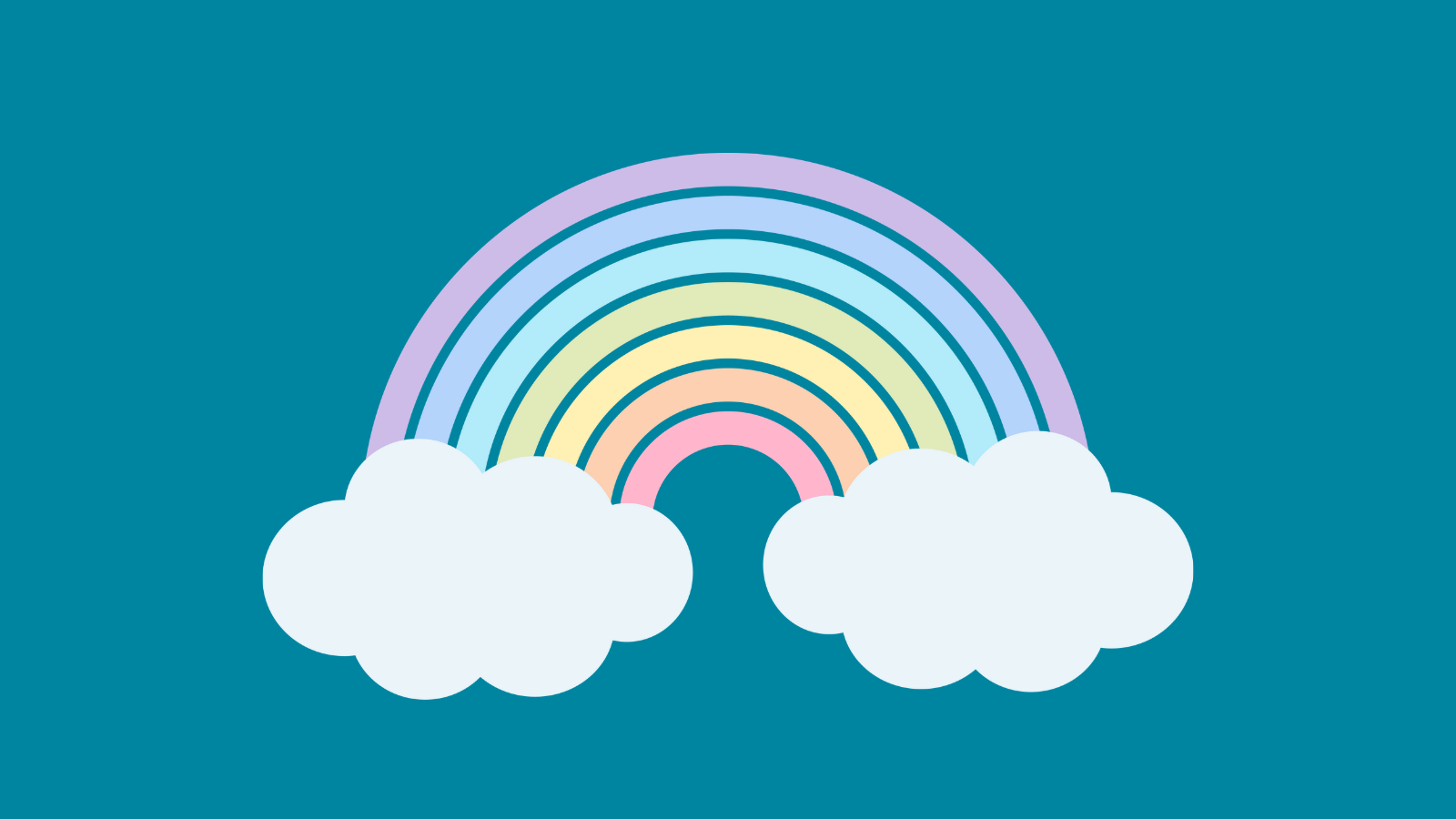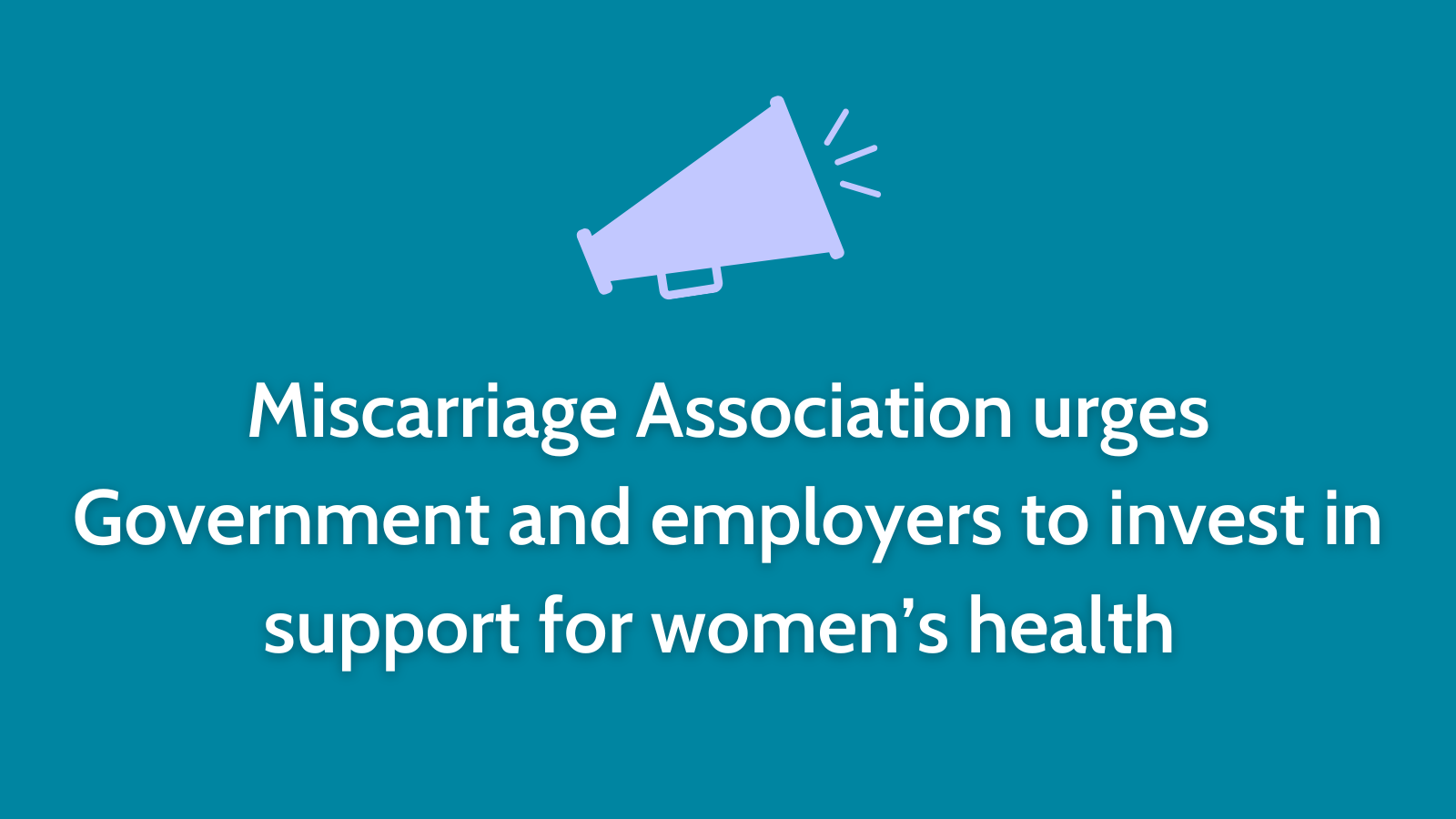Somewhere over the rainbow (baby), skies are not always blue
22nd August 2024

Rainbows always captivate me, they force me to stop and appreciate the beauty of nature. I find them quite remarkable even though I understand their scientific explanation. I wonder what people interpreted rainbows to be before our modern understanding of them?
That iconic and timeless song, ‘Somewhere over the rainbow’ also comes to mind when I think of rainbows. It brings back memories of watching The Wizard of Oz as a child with my late Dad. Those sparkly red shoes and the yellow brick road. Now, the song resonates with my personal experience of miscarriage, and yearning for my rainbow baby. Wishing that one day all the pain will subside.
Somewhere, over the rainbow, skies are blue
And the dreams that you dare to dream really do come true
Someday I’ll wish upon a star
And wake up where the clouds are far behind me
Rainbow babies are those born after a pregnancy loss. The term stems from their representation of light, hope and promise following a turbulent time. Rainbow babies recognise the lost baby while allowing the creation of new, positive memories. The concept also helps to raise awareness of miscarriage. The hashtag #rainbowbaby maintains a noteworthy presence on social media, with 2.5 million Instagram posts utilising it. However, the term is not always perceived to be a positive one. For some, it oversimplifies their complex experience of loss. For others, it doesn’t symbolise hope. Indeed, rainbow baby announcements have often evoked strong emotions in me.
A few years ago, a friend on social media posted on National Rainbow Baby Day. It was a photo of her daughter accompanied with a brief, but prominent caption ‘Lily* is a rainbow baby’. I remember thinking – wow, I had no idea this woman had experienced a miscarriage. How had she plucked up the courage to try again? How was she so positive? How did she get through her pregnancy? It was all so astonishing to me. Her post made me feel less alone. I wasn’t a complete failure. She was a source of inspiration to me – if she could try again, maybe I could too? Yet, at the same time, I couldn’t help but feel envy, even resentment – she’s got her rainbow baby now, she is so lucky. She doesn’t fully understand anymore.
I can also distinctly remember when a celebrity announced her rainbow baby pregnancy on social media, and how this prompted me to confront some difficult thoughts:
What if it never happens for me? It really is just me now. How could she parade her bump around like that knowing what others are going through? What if she loses this pregnancy?
Rainbow baby announcements can also feel pressurising. Pressure to try to conceive again, pressure that all will be okay (but what if it’s not?), pressure that time is running out, pressure that you’ll be the only one left in the camp you never wanted to be in.
Celebrating rainbow babies, I think, can inadvertently reinforce the silencing of the miscarriage experience. While rainbow baby announcements allow people to open up about their pregnancy losses, such conversations only come when there is a happy ending. It’s okay to speak about miscarriage now because you’ve had a positive outcome.
Rainbow babies can also prevent people from sharing their personal experiences of childlessness due to miscarriage because only ‘success stories’ are permitted.
Then there are the overlooked issues when a person gets their rainbow:
The loss(es) are in the past now. The pain and grief has gone. You need to focus on this baby. You are lucky. You’ve got your dream. Stop dwelling.
However, for many, having a rainbow baby (and the pregnancy journey beforehand) present unique challenges. The ‘storm’ does not simply pass. Indeed, during pregnancy after loss, many experience distress and clinical mental health illnesses – anxiety and depression are not uncommon. Unresolved PTSD can also throw flashbacks and panic attacks into the mix. Such effects are unsurprising when we are putting ourselves back into the ‘danger zone’ whereby another miscarriage might or might not happen. We don’t know. We can’t control it.
I’ve met people living in constant fear of enduring pregnancy loss again to a point where they have been unable to try to conceive. Those who do become pregnant commonly experience intense fear in the build-up to every scan, and every cramp, odd symptom, and reduced movement are beyond frightening.
“Every time someone said ‘when’ you bring them home from hospital, I’d say ‘if’ – I think people assumed I was just being negative – but I genuinely couldn’t bring myself to get excited”.
The risk of mental health illness after birth is more common when someone has experienced miscarriage – including post-natal depression, OCD, PTSD and eating disorders. When written in black and white like this, it doesn’t do justice to the lived experiences, so I include anonymised quotes of the struggles below:
“I didn’t sleep in the early days; I would just watch him to make sure he was breathing”.
“I would panic every time I left the baby. My legs would turn to jelly, and I’d have to sit down on the pavement pretending to do my shoelace or something”.
“I developed OCD after birth – I felt just so out of control. I needed to control what I could”.
“I know I got through the pregnancy and birth – but now they were out of the womb – how could I protect them?”
“During my birth, the doctor told me my boy’s heartrate was dropping and I just thought – this is it – I knew I wouldn’t bring him home”.
Having a rainbow baby often leads to conflicting emotions. You may feel happy, however you may also experience guilt for moving on/that you have forgotten your lost baby. You may contemplate that if you hadn’t lost that baby, you wouldn’t now have thisbaby, and while this can help you to cope, the grief doesn’t simply disappear.
It is normal to experience joy, yet still mourn your lost baby – however, society doesn’t always allow for this. You are also dealing with hormonal changes, sleep deprivation and baby blues alongside, yet may feel guilty for complaining about such struggles once your much wanted rainbow is here:
“I would have given anything to have a baby, I mean anything. But the acute sense of gratitude I felt I should have meant that I felt I couldn’t complain about the sleepless nights (and days!), the struggles with feeding, the endless crying”.
“I was struggling to accept my new body, the stretch marks, the traumatic birth, my new normal… But I bottled it all up because I thought I can’t moan. This is my dream; I can’t moan about this”.
Those with their rainbow babies may also feel guilty on those without theirs, yet equally want to share about their miracle who they never thought they’d get to cherish.
Miscarriage can affect family size, and this is something I come across quite often in my work within this field. I believe that this is another silenced and minimised issue related to pregnancy loss. On top of grieving your lost baby, you may also experience grief related to not having the family size you had envisioned, and guilt for not giving your child a sibling if miscarriage caps you to one child.
There is a societal expectation to have children (pro-natalism), but the pressure doesn’t seem to stop at having one – two seems to be the acceptable number, one isn’t enough and four is bordering on too many. People ask: ‘How many kids do you have?’. That dreaded question for so many – including those still waiting for their rainbow, those at the end of their journey without a rainbow, but also for those who have a rainbow, but who wanted more than one child. Do you make the questioner uncomfortable with the truth, or do you protect them but deny your lost baby? You don’t want to make them feel awkward so you reply: “I have one”. Wait for it, it’s coming…
‘Do you think you’ll have a second?’
‘Won’t they get lonely?’
‘Don’t you worry that they’ll get spoilt?’
Upon the arrival of a rainbow baby, you may anticipate that the pain and impact of triggers diminish. However, the grief of miscarriage can be complex and enduring, manifesting in unpredictable ways. Grief for the children we don’t have can catch us off guard, particularly when faced with societal assumptions about family size and the stereotypes around ‘only children’.
We need to prioritise awareness raising of miscarriage. However, we must also acknowledge the complexities of rainbow baby journeys. While rainbow babies often bring feelings of joy and gratitude, the repercussions of pregnancy loss extend beyond the immediate aftermath. They affect conception, pregnancy, birth and parenting experiences, and can have implications on family size. Miscarriage is linked to mental health illnesses and significant grief, and it is paramount society recognises that rainbow babies do not simply erase this pain.
Written by Katy Schnitzler

